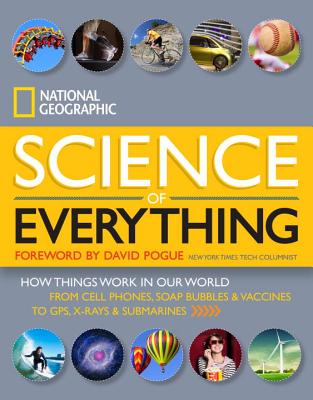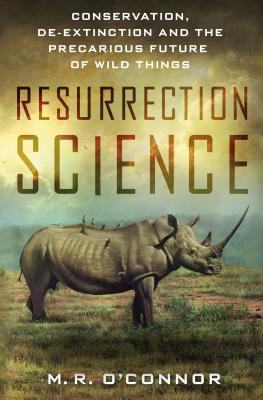
Windschitl, Mark
product information
description
expansive understandings of climate change and environmental regeneration in K-12 students through classroom instructional practices and curricula. Teaching Climate Change lays out a comprehensive, NGSS-aligned approach to climate change education that builds in-depth knowledge of the subject, empowers students, and promotes a social justice mindset. In this fortifying and inspiring work, Mark Windschitl guides classroom teachers and educational leaders through an ambitious multilevel, multidisciplinary framing of climate change education as an integral element of school curricula. Exuding hope for the future, Windschitl emphasizes the big picture of research-informed teaching about climate change. He presents real-life classroom examples that illustrate not only key STEM concepts such as carbon cycles and the greenhouse effect, biodiversity, and sustainability, but also broader issues, including the countering of misinformation, decarbonizing solutions, the centering of human stories, and the advancement of equity and environmental justice. Windschitl offers keen advice for using methods such as storytelling, project-based learning, and models of inquiry backed by authoritative evidence as core strategies in science teaching and learning. He also addresses the social-emotional toll that discussion of the climate crisis may exact on both students and teachers. This timely book equips teachers to approach climate education with the urgency and empathy that the topic requires and shows how the classroom can inspire students to activism.
member goods
No member items were found under this heading.
notems store
listens & views

IKEBANA: MERZBOW'S AMLUX REBUILT REUSED ...
by IKEBANA: MERZBOW'S AMLUX REBUILT REUSED AND / VAR
COMPACT DISCout of stock
$17.75
Return Policy
All sales are final
Shipping
No special shipping considerations available.
Shipping fees determined at checkout.






